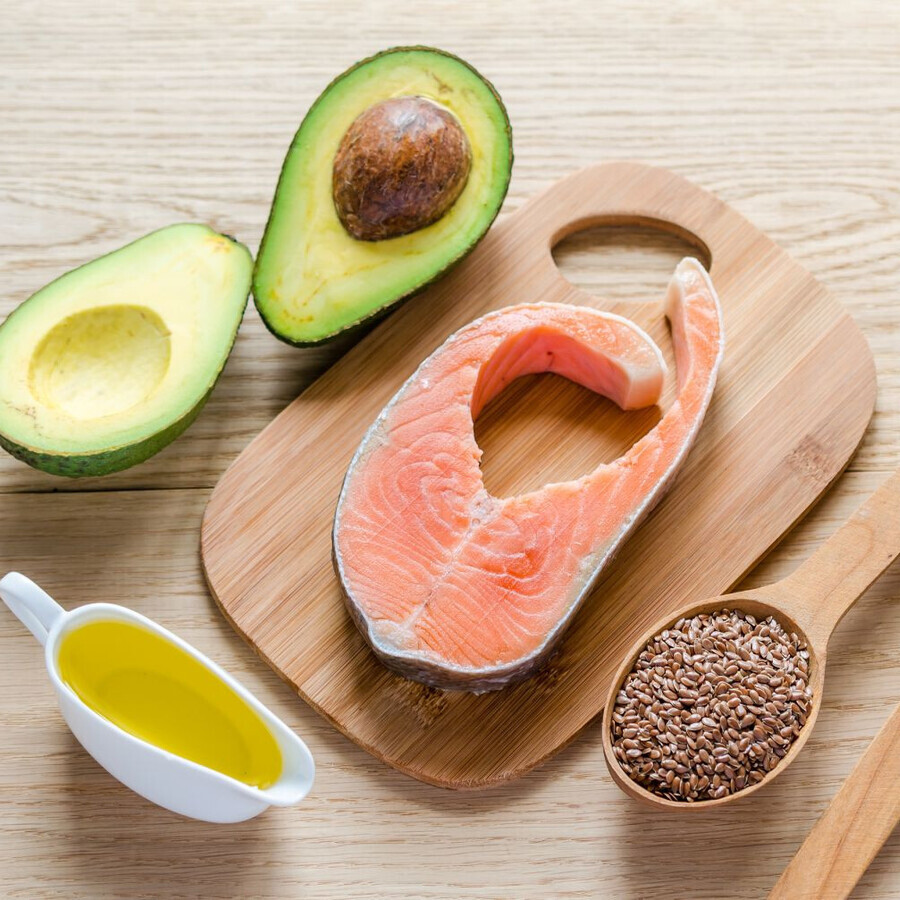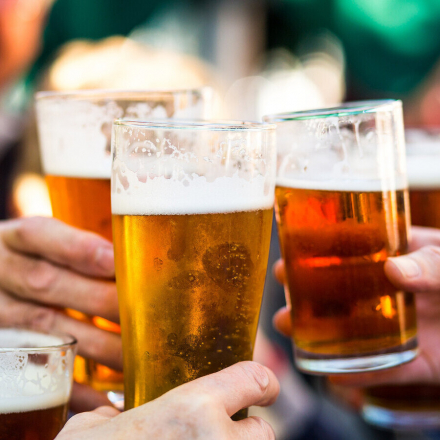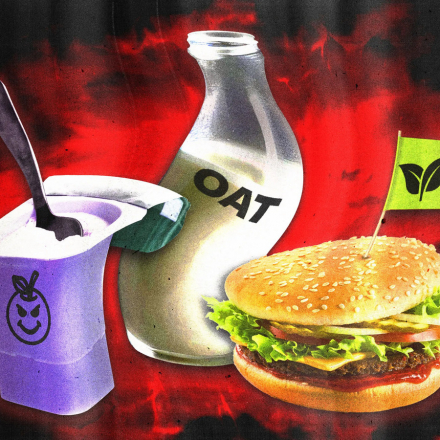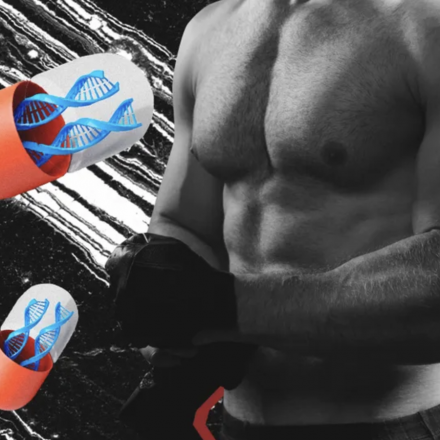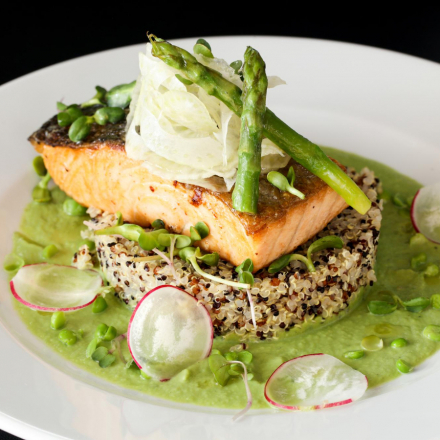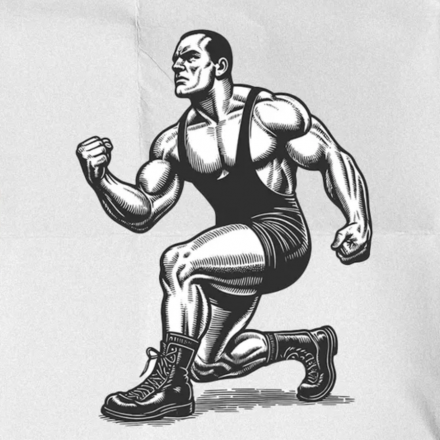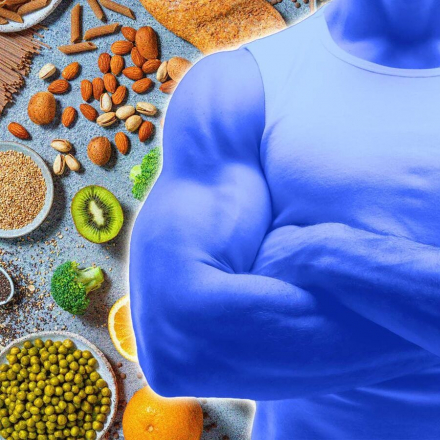Many still believe that to stay in shape, you need to avoid fats. This is an outdated myth that needs to be busted. Fats aren’t just “bad calories”—they are an essential building block for our bodies. They support brain function, help absorb vitamins, and protect the heart. The key is knowing which fats you need and how much to consume.
Why Are Fats Important?
Fats are a source of energy: 1 gram of fat provides about 9 kcal, twice as much as proteins or carbohydrates. But their role doesn’t stop there. According to clinical nutritionist Dr. Krutika Nanavati, fats:
Help absorb fat-soluble vitamins A, D, E, and K — vital for health and immunity.
Are key components of cell membranes.
Participate in producing hormones that regulate metabolism.
Protect internal organs and help maintain body temperature.
Fats are also necessary for cell communication, which affects growth, immunity, and reproductive health.
Good Fats vs. Bad Fats — What’s the Difference?
The old image of fat mostly refers to saturated fats found in fried and processed foods. These are indeed harmful and increase the risk of heart disease.
On the other hand, unsaturated fats are the heroes of healthy eating. They’re found in avocados, nuts, olive oil, and fish. They reduce the risk of heart attacks, improve brain function, and help fight inflammation.
Special attention goes to omega-3 fatty acids, which:
Lower blood pressure and raise “good” HDL cholesterol.
Protect the brain from depression and cognitive decline.
Reduce inflammation linked to cancer and heart disease.
How Much Fat Should You Eat?
The rule is simple: fat should make up 20–35% of your daily calorie intake. For active men, closer to 35%. Saturated fat should be limited to a maximum of 30 grams per day. Avoid fast food, fried foods, sausages, bacon, and processed products containing trans fats.
Ketogenic diets, where 60–80% of calories come from fat, may offer athletic benefits but should only be followed under medical supervision.
Top 5 Foods Rich in Healthy Fats
Cacao nibs — minimally processed chocolate rich in antioxidants and beneficial lipids.
Egg yolks — contain choline and essential vitamins despite cholesterol myths.
Almond butter — a source of monounsaturated fats, a great alternative to traditional butter.
Seaweed — such as nori and spirulina, contains plant-based omega-3s.
Dark poultry meat (skinless) — contains more healthy fats than white meat and is less processed than red meat.

